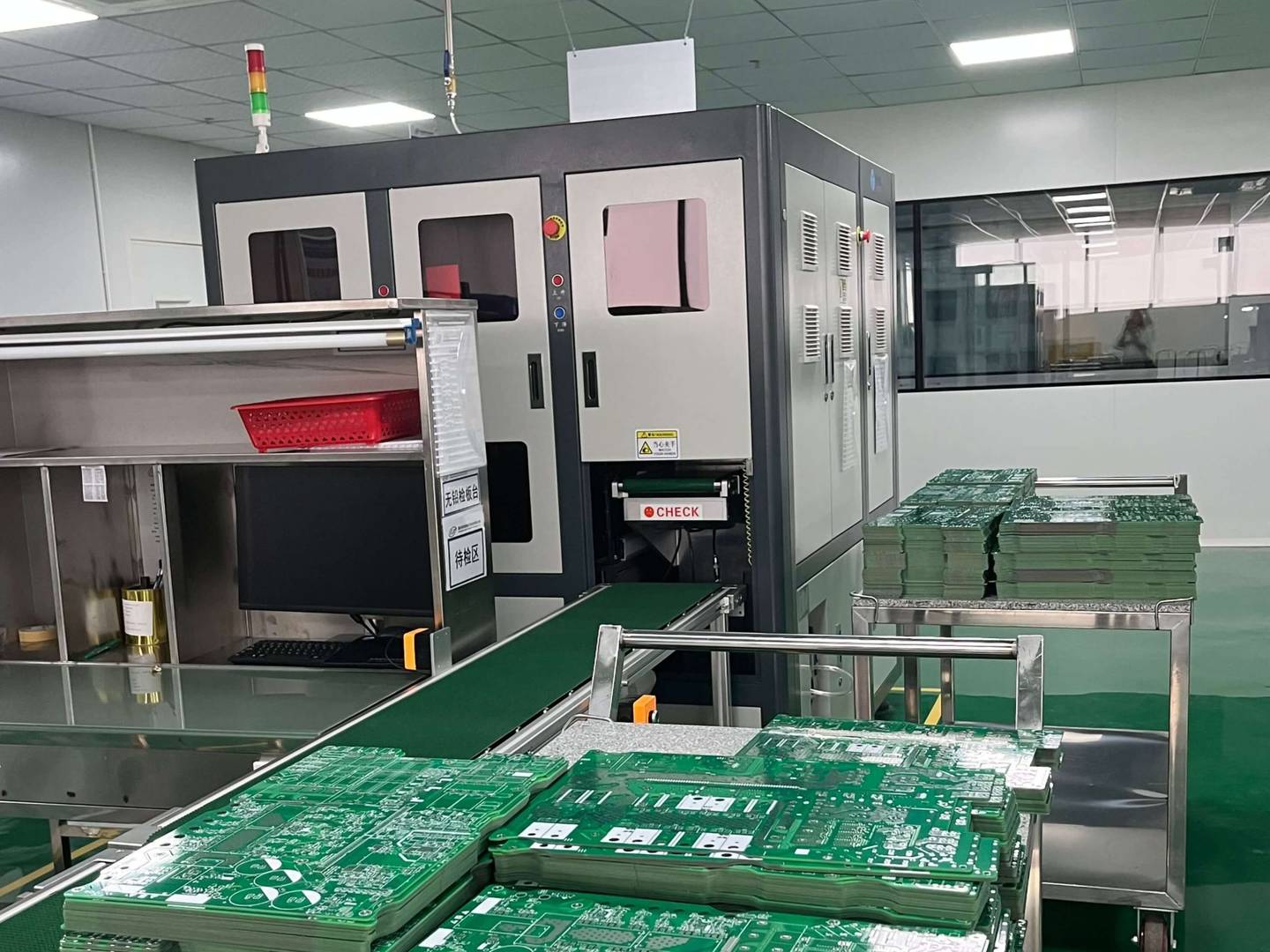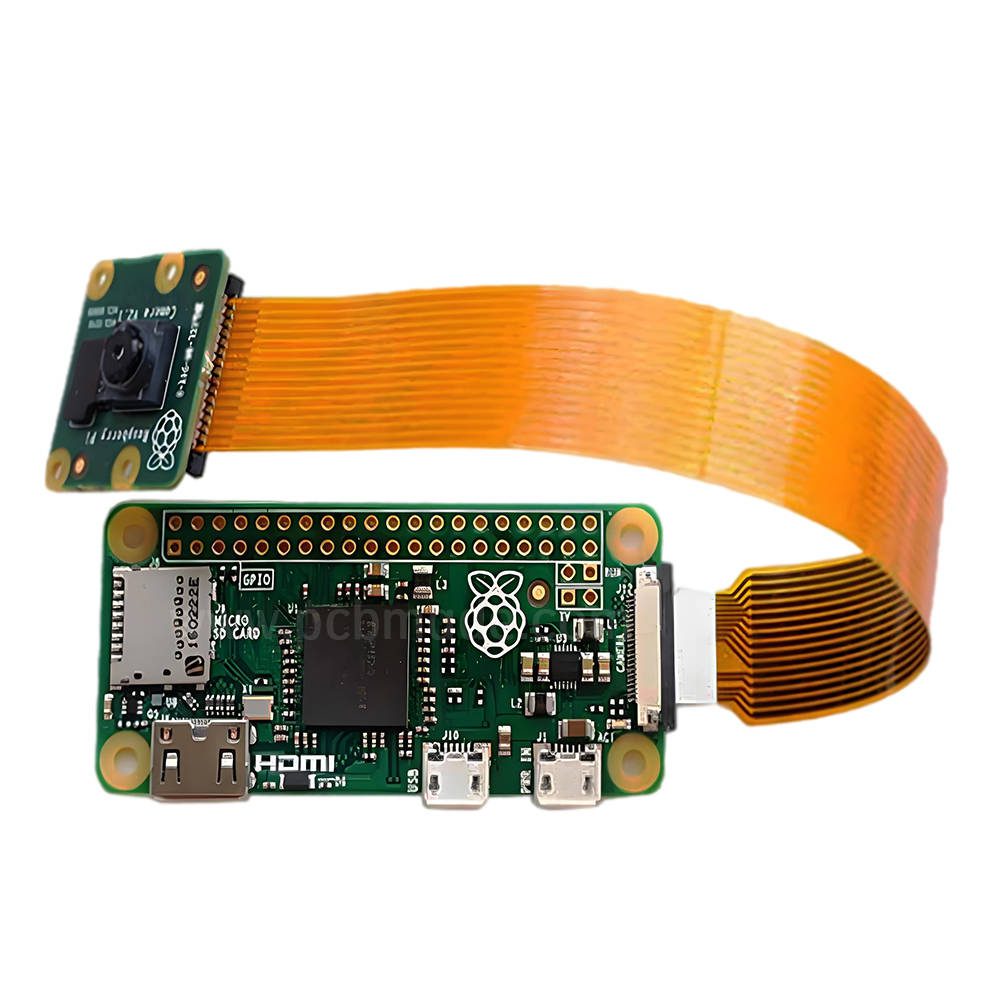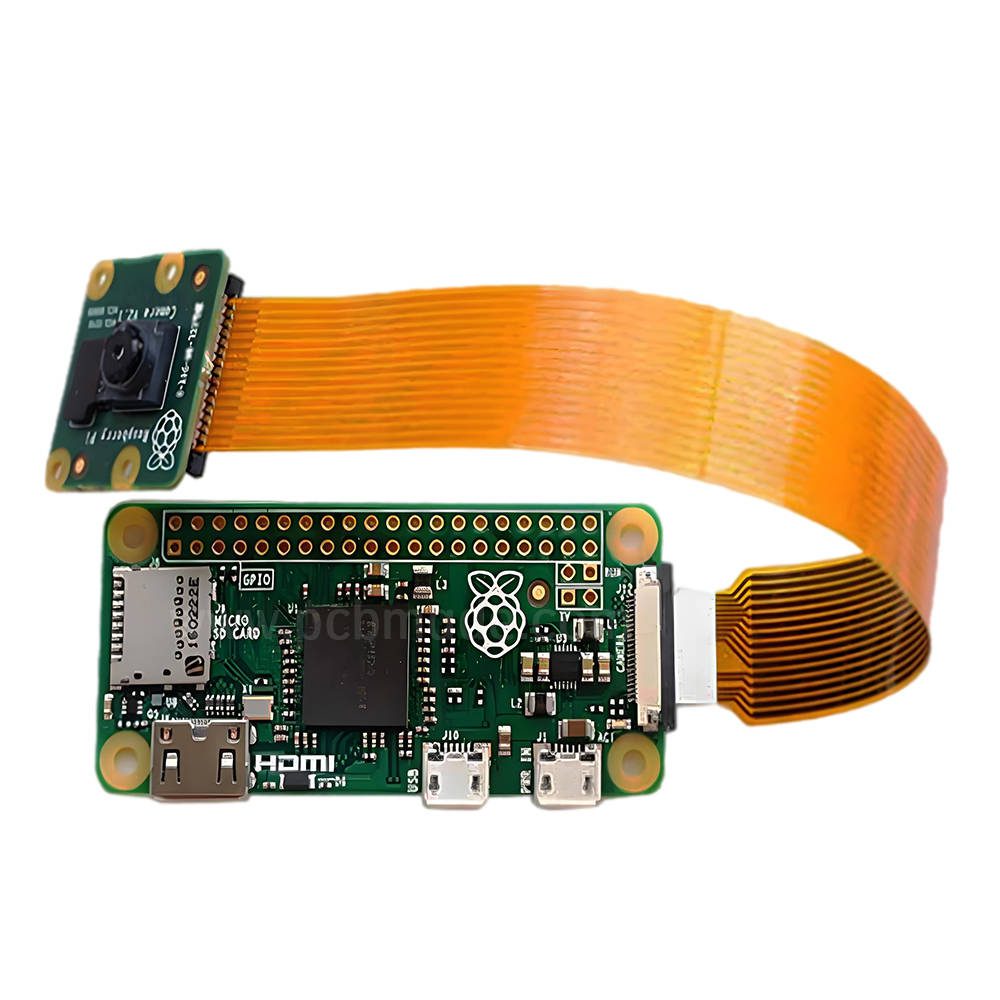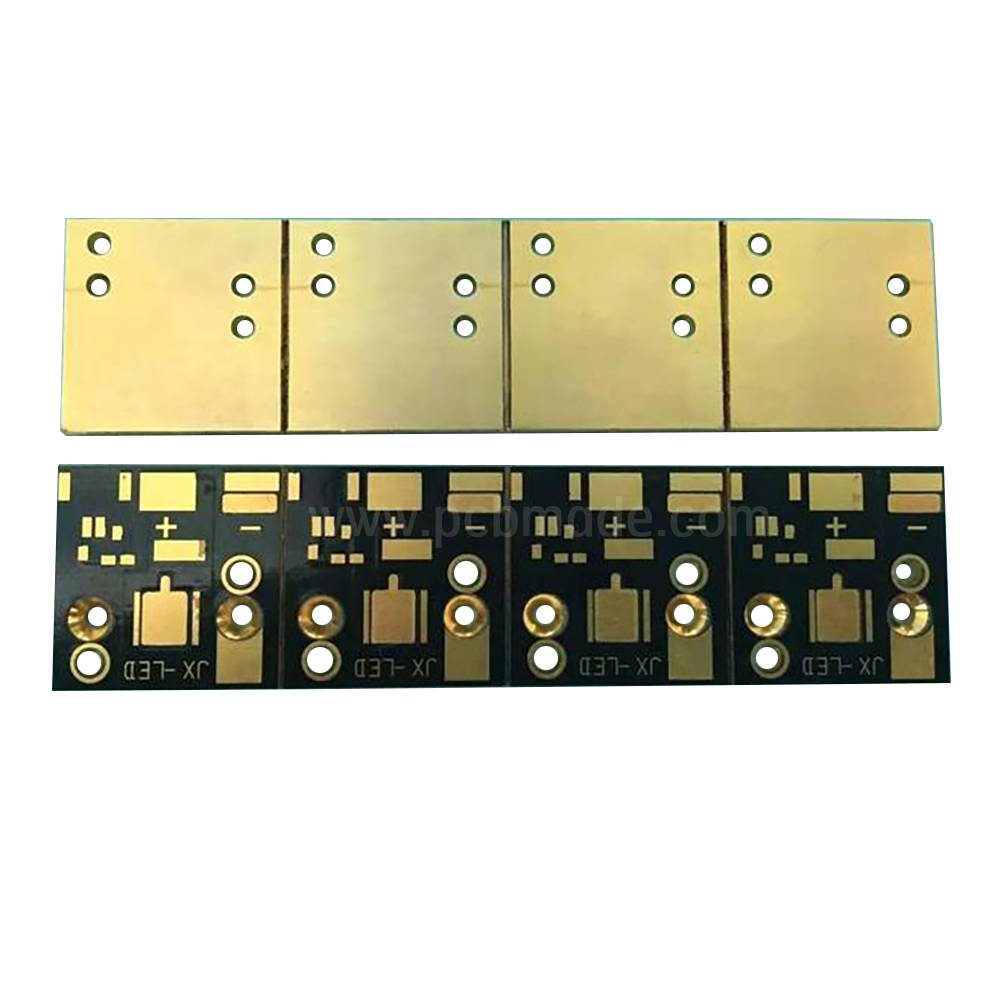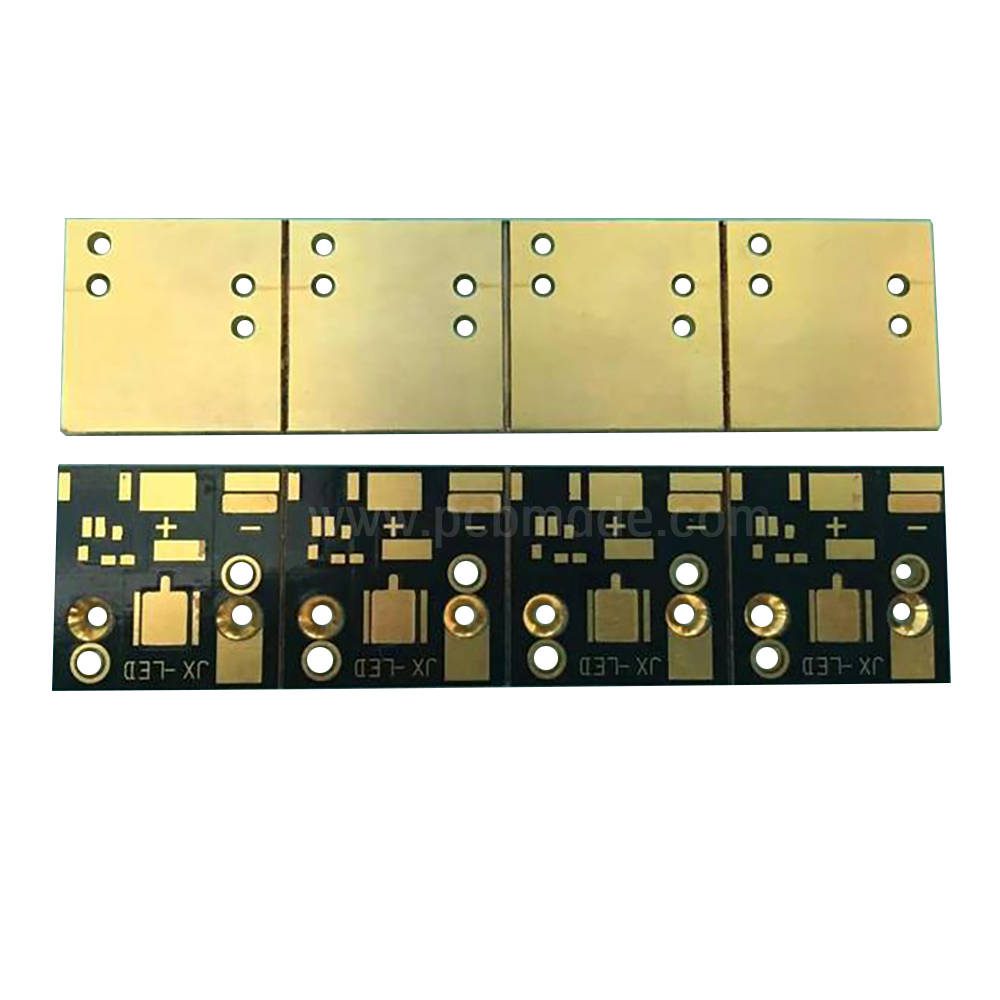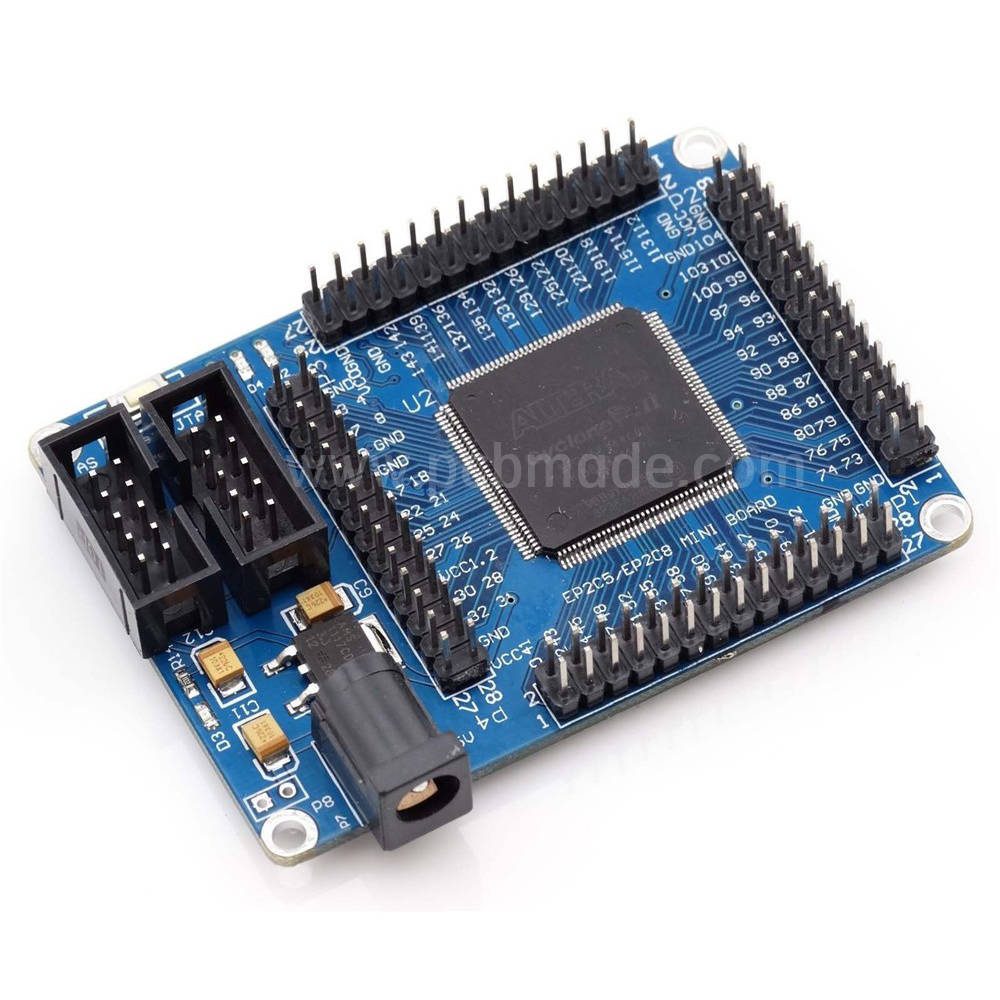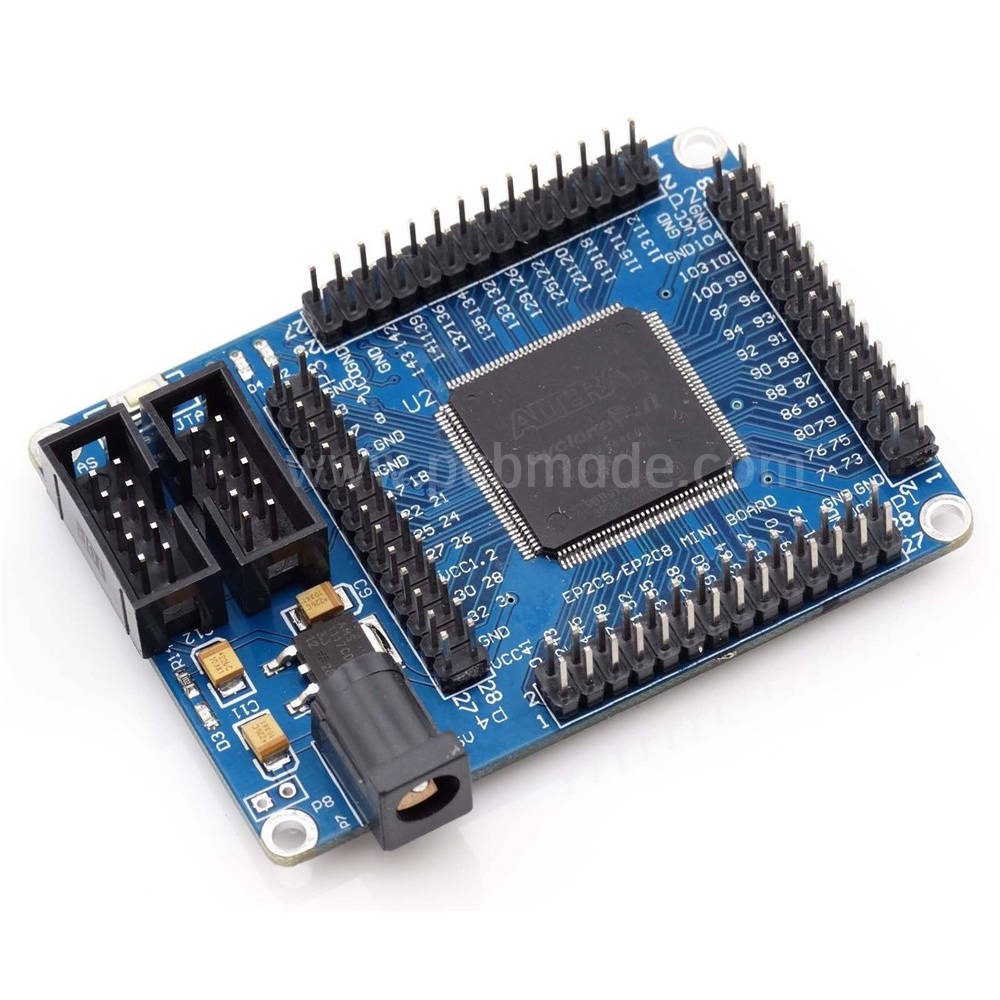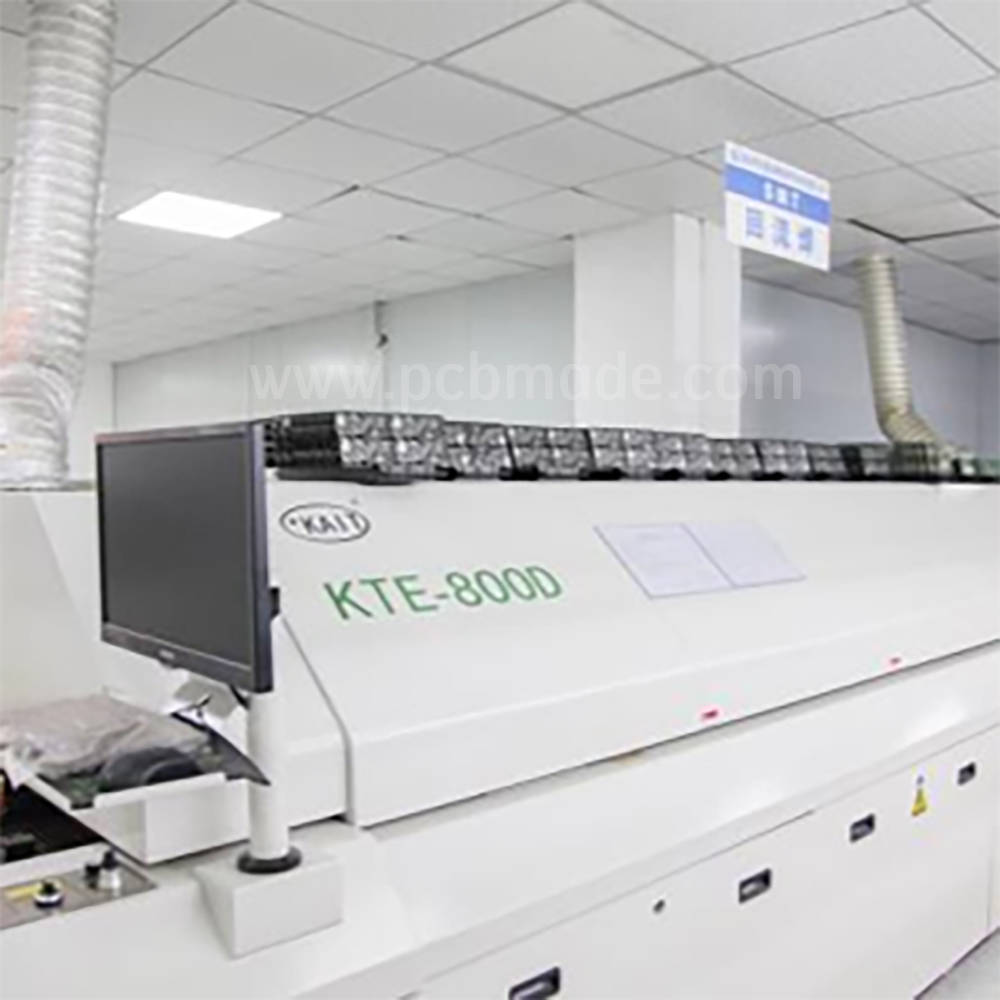With the rapid development of technology, FPC flexible circuit board technology, as an important component of flexible electronic technology, is gradually becoming a new favorite in the field of electronic manufacturing. Its unique bendable and foldable characteristics not only provide possibilities for the miniaturization and lightweight of electronic products, but also greatly expand the application fields, demonstrating the infinite possibilities of flexible electronic technology.
Firstly, in terms of technological innovation, FPC flexible circuit board technology is constantly breaking through bottlenecks in materials, processes, and design. The emergence of new materials, such as polyethylene terephthalate (PET) and polyimide film (PI), has made their performance in high temperature resistance, anti-interference, and other aspects more outstanding, while reducing costs. The application of microfabrication technology and laser etching technology further improves the manufacturing accuracy and reliability of FPC. In addition, the introduction of 3D printing technology has made the design of flexible circuit boards more flexible and versatile, meeting the design requirements of complex electronic devices.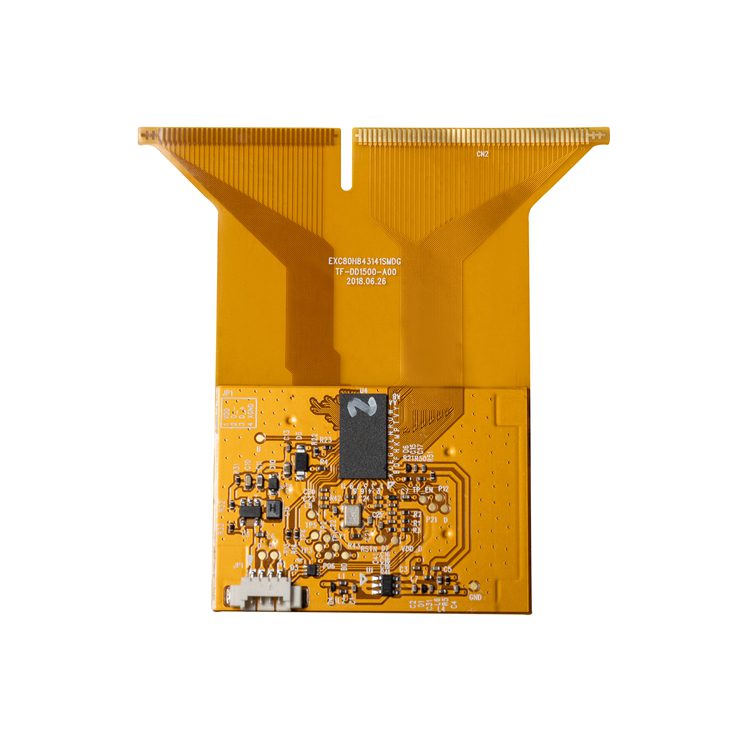

In terms of application fields, the expansion of FPC flexible circuit board technology is also remarkable. In the field of consumer electronics, it has been widely used in high-end electronic products such as smartphones, tablets, and wearable devices, involving multifunctional module modules such as display, battery, touch, connection, and camera. With the popularization of technologies such as 5G and the Internet of Things, the application in the field of communication will also achieve a qualitative leap. In addition, FPC flexible circuit board technology also shows great potential for application in fields such as automotive electronics, medical electronics, and aerospace. For example, in the medical field, flexible electronic sensors can adhere to the skin, monitor human physiological indicators in real time, and provide more accurate information for disease diagnosis and treatment; In the field of energy, flexible solar cells and energy storage devices can provide more durable and secure energy supply for portable electronic devices.
Looking ahead, FPC flexible circuit board technology will continue to develop towards high performance, low cost, and intelligence. On the one hand, with the continuous emergence of new materials and the continuous innovation of process technology, performance will be further improved, and production costs will gradually decrease. On the other hand, with the popularization of concepts such as intelligent manufacturing and green manufacturing, the manufacturing process of FPC flexible circuit boards will achieve automation and intelligence, improve production efficiency, and reduce environmental impact. At the same time, FPC flexible circuit board technology will also be deeply integrated with cutting-edge technologies such as artificial intelligence and the Internet of Things, creating a more intelligent, convenient, and personalized technological experience. For example, flexible electronic displays and touch panels can bring users a more immersive visual experience and a more natural way of human-computer interaction; Flexible electronic sensors can be widely applied in fields such as smart homes and smart cities, achieving various functions such as environmental monitoring and safety monitoring.
In summary, FPC flexible circuit board technology, as an important component of flexible electronic technology, is facing unprecedented development opportunities. With the continuous innovation of technology and the expansion of application fields, FPC technology will be applied in more fields and promote the continuous innovation and development of the electronic manufacturing industry. We have reason to believe that in the near future, flexible electronic technology will become one of the important forces changing our way of life.


